Aspromonte
An expanse of uncontamined woods sloping towards the coast, imposing natural monuments, and wild waterways crossed by suggestive rock formations. Aspromonte can be considered a true paradise of biodiversity, an immense container of colours, lights, and contrasts able to leave anyone speechless who is lucky enough to visit its places and cross its paths.
In the Aspromonte National Park, established in 1989 as the sixth Italian park, about 1,500 species coexist, or more than half of the entire regional heritage. It is an ecosystem located at the centre of the Mediterranean whose richness and extraordinary variety are due to its unique climatic and orographic characteristics and which find in the larch pine the tree that is symbolic of the entire area.
In the massif they stand out against the floristic biodiversity, and there is also a great faunal richness that includes many animal species among birds of prey (golden eagle, the eagle owl, the short-toed snake eagle, and the sparrow haw, just to mention the most well-known) and mammals such as the wolf, which just recently came back and populated the habitat of the Reggio mountain, the black squirrel, the wild board, the marten, and the wild cat. A privileged destination for those who love and are passionate about the mountains, the park offers numerous nature trails to explored on foot, skis, by canoe, bicycle, or on horseback.
In the winter season, with the spectacle of the snowy hills from which it is possible to see the Messina Strait until the summer, Aspromonte offers breath-taking landscapes in which the mountain seems to caress the sea, in an exciting carousel of emotions that from the great peaks extends to the Tyrrhenian and Ionic sides. Of great value is also the heritage of traditions that the Aspromonte Mountain has preserved and handed down for centuries. The ancient arts, customs, and cultural imprints that are revived today in activities related to local crafts, food and wine, the Greek dialect spoken in the Greek area communities, folkloristic demonstrations in the square, and the strong bond that unites the land with the faith and that finds in Polsi one of the symbolic places of worship, a meeting point for thousands of pilgrims each year.
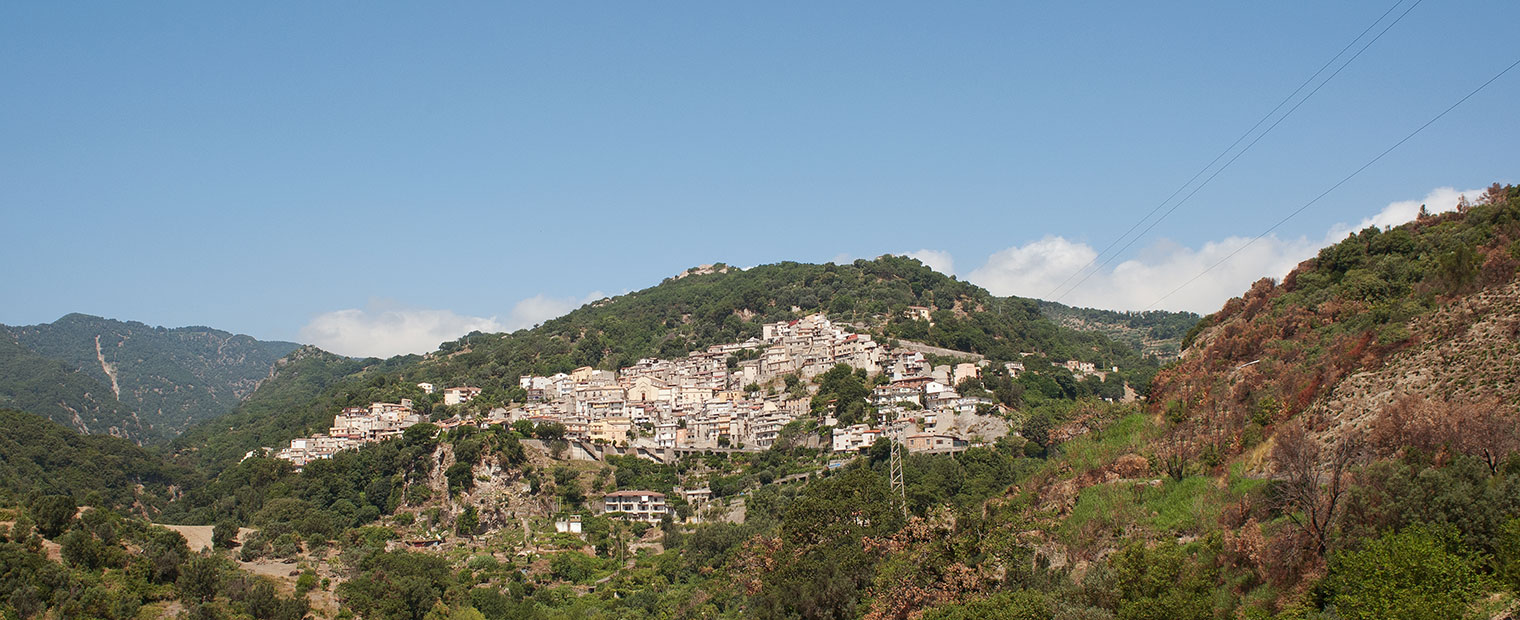
Antonimina, nature and wellbeing in the heart of Locride
A markedly agricultural vocation gave origin to the small centre of Antonimina around the 15th century. The earliest traces of human settlements, in fact, belong to groups of shepherds who chose this location as the ideal place for their farming activities. This is also borne out by the name of “ter [...]
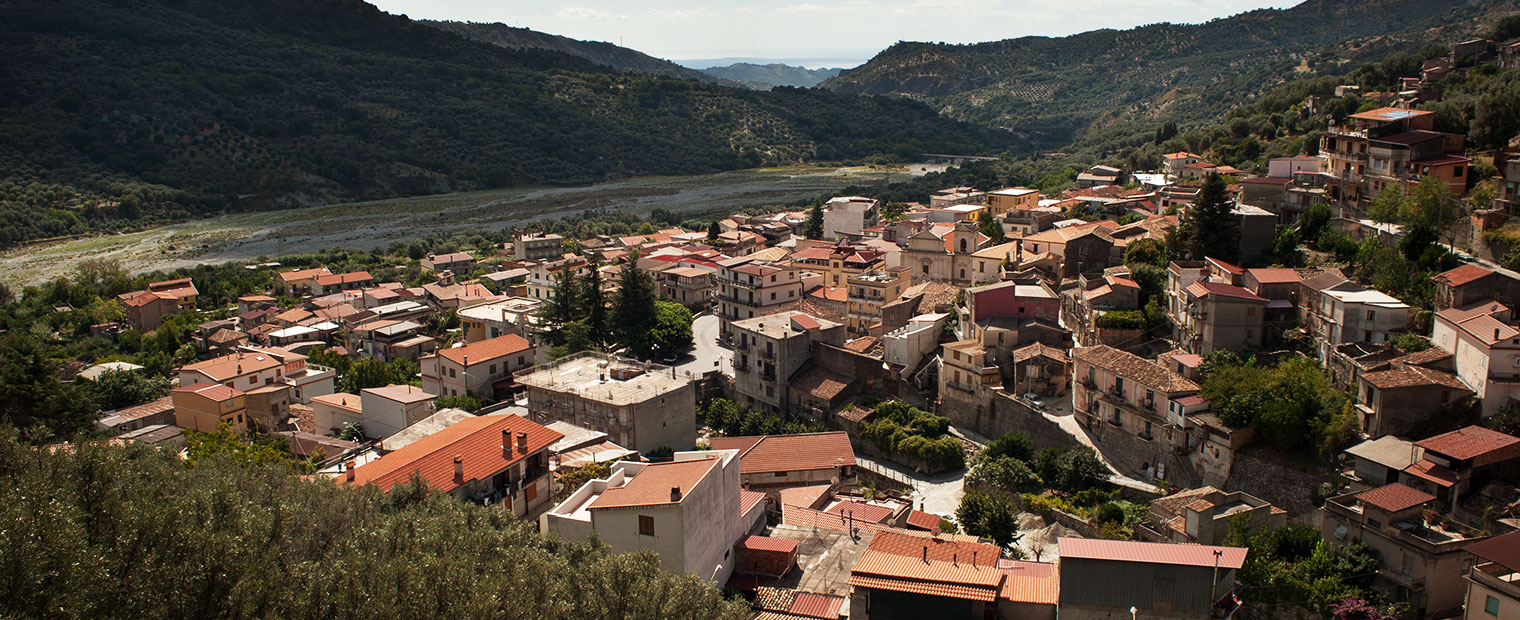
Bagaladi: At the foot of Aspromonte
Bagaladi is not only one of the two gates to the Aspromonte National Park, but also a small town with an extraordinary past. Starting with its name, which appears to be of Arabic-Greek origin, this village is the splendid fruit of the mixture of numerous cultures.
[...]
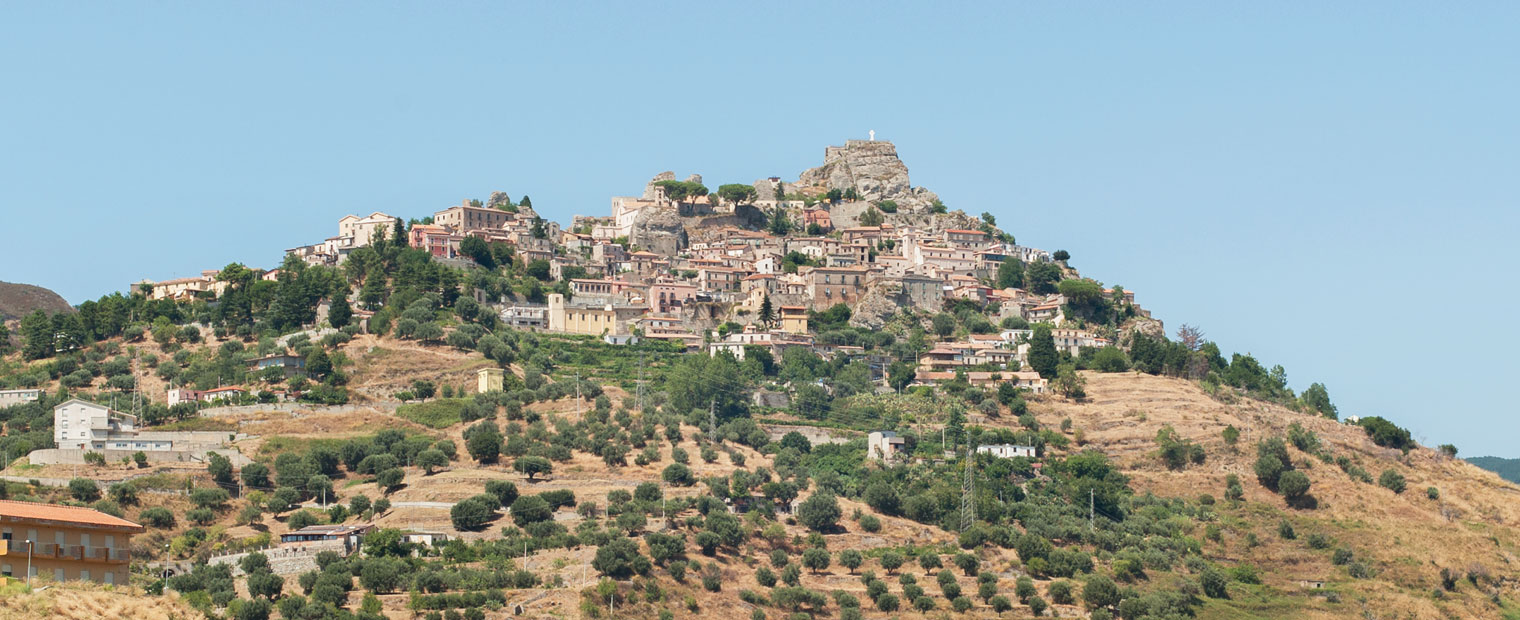
Bova, the capital of Greek Calabria
Bova is a village with legendary origins: in fact, legend has it that was founded by the Greek queen Oichista, who impressed the perennial memory of this on the sole of his foot on the top of the fortress where the castle stands today. Thanks to its history, culture, and architecture, it is a unique [...]
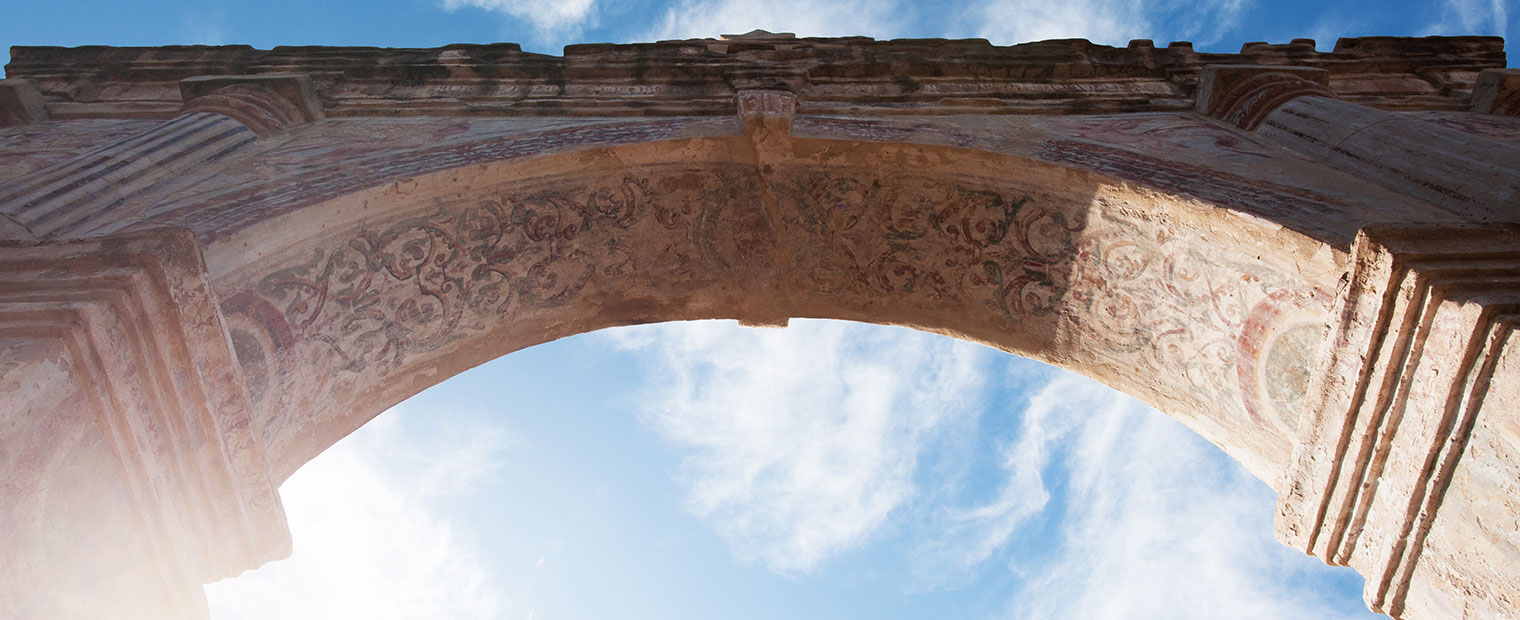
Bruzzano Zeffirio: the windy town
On the rocks of Capo Bruzzano stands Bruzzano Zeffirio, a town with ancient Greek origins, which now has about 1000 in habitants. It is a place of great cultural and religious interest, which enchants visitors with its unique history..
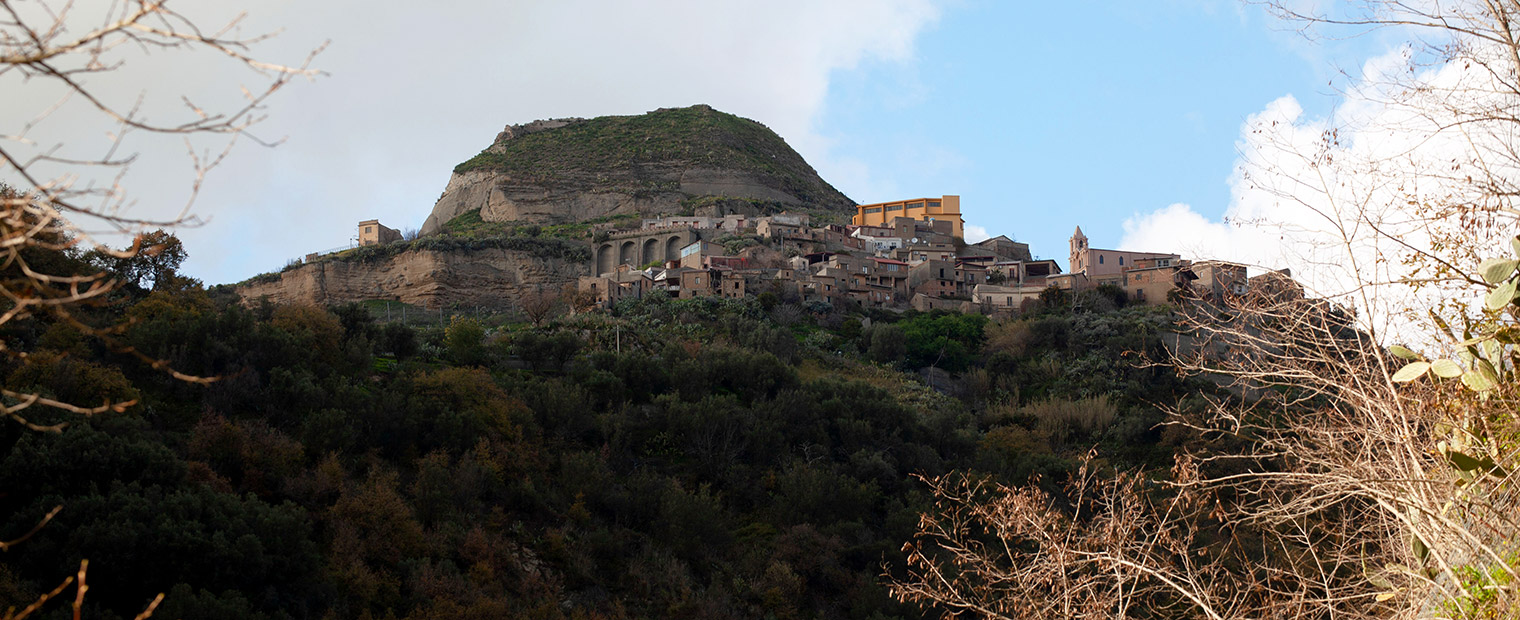
Calanna: the Calabrian Cappadocia
The ancient toponym of Calanna, which comes from the Greek Kale-amuna (nice shelter), immediately reveals the site’s original military purpose. Today, the modern centre of Calanna is distinguished by its unique charm linked to the features of the terrain that make it similar to the ancient Turkish r [...]
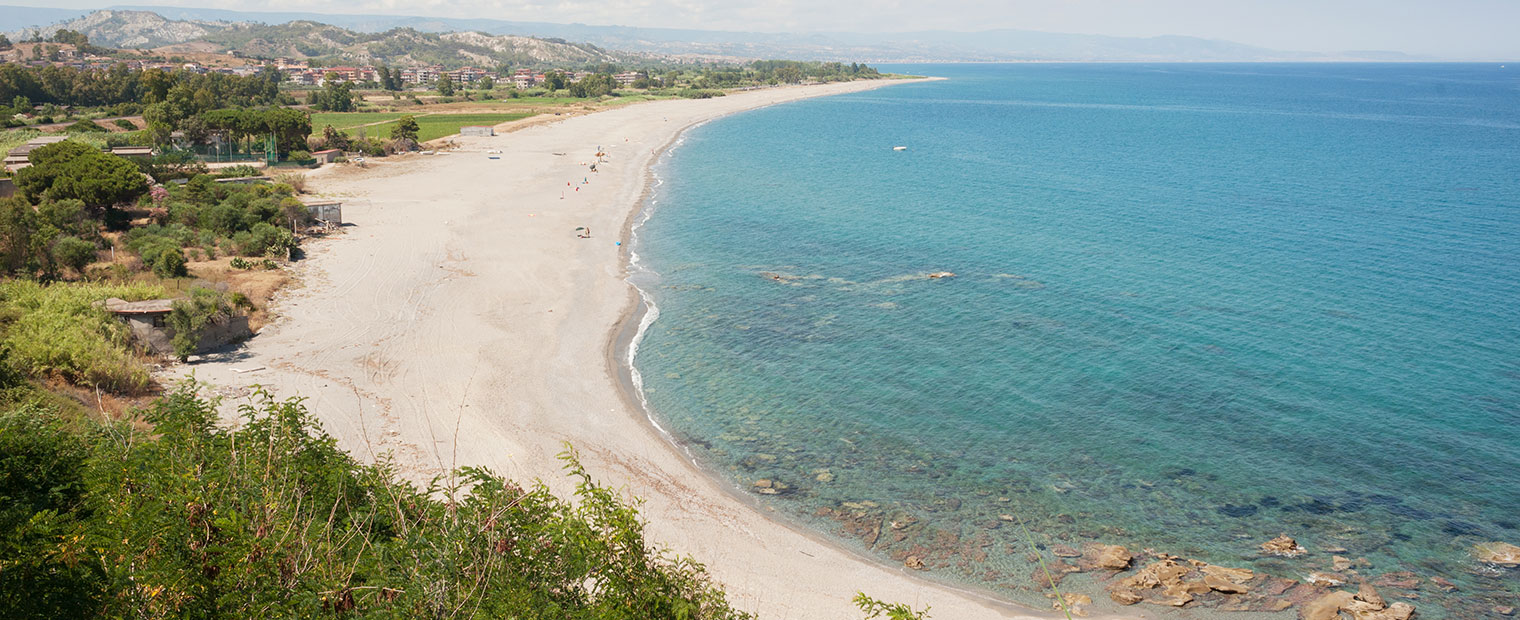
Africo: one community, two towns
Founded in the 9th century BC by the inhabitants of the ancient Delia, a colony of Locri situated at the mouth of the San Pasquale torrent. Its name comes from the Greek term, άπριχος (aprichos) meaning luminous, full of sunlight.